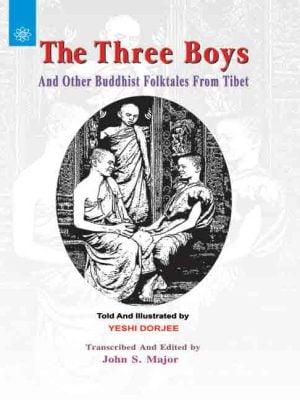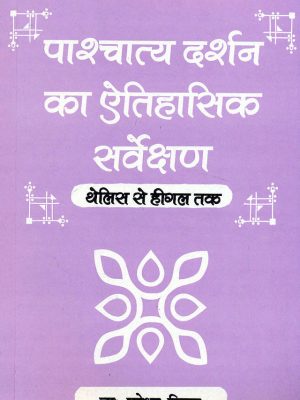History of Mental Illness in India: A Cultural Psychiatry Retrospective
₹1,695.00
In stock
Too Good to Resist Sale is Live BUY AND SAVE NOW
Examining –mental illness” in societies where different world views, thought worlds, and habit patterns prevail is ordinarily frowned by social scientists since it involves analysis of phenomena steeped in modern conventions of knowledge. This book contravenes this position giving reasons for and ways of circumventing social science scruples. It formulates and provides details about the system of healing of conditions of psychiatric interest that would have been found in ancient traditional and early modern period. It draws on the findings of Indian epidemiologists who have surveyed the prevalence and distribution of psychiatric disorders in modern and traditional settings of contemporary India. Their findings support the position that such conditions would have been found in earlier historical epochs.
In the book, information from cultural anthropology is used to formulate ideas and a perspective that encompass salient cultural and historical parameters of India as a socio cultural entity which have stood the text of time. Emphasis is placed on how Indian culture, religion, morality, sociology, and philosophical psychology which shape the world view and habit patterns of Indian peoples everywhere and throughout millennia. This nexus of ideas constituted the ontology and epistemology about psychiatric conditions in earlier historical epochs. It shaped their form, content and meaning and it provided a basis for approaches to healing. Normal and not so normal conceptions about behavior and well being are discussed based on indigenous systems of meaning. The manner in which psychiatric conditions were and still are formulated in the compilations of Caraka, Susruta, Vagbhata, and Bela are reviewed and compared along with religious and spiritual viewpoints. Discussion of approach to conditions of psychiatric interest rooted in traditional Indian values provides a basis for critique and plea for broadening the scope and depth of the already vibrant and scientifically compelling psychiatry of contemporary India. The book aims to make modern psychiatry more responsive to Indiaês understanding of the human condition.
Review(s)
About the Author(s)
Horacio Fabrega Jr. is a practicing clinical neuropsychiatrist who is Professor of Psychiatry and Anthropology at the University of Pittsburgh. His academic work spans the fields not only of clinical and descriptive psychiatry but also of ethnomedicine, medical anthropology, and cultural psychiatry. He is the author of four book and over one hundred and fifty articles in peer review journals in these fields. He was Director of Medical Student Education Program at University of Pittsburgh School of Medicine for fifteen years. For the last ten or so years his work has encompassed evolutionary psychology and psychiatry, involving theoretical study of the way conditions of psychiatric interest have changed during various phases of human biological and cultural evolution. India represents a case study for this position and the book summarizes it.
Additional information
| Weight | 0.5 kg |
|---|---|
| Dimensions | 10 × 11 × 12 cm |
| Book Author | Horacio Fabrega Jr. |
You must be logged in to post a review.













Reviews
There are no reviews yet.